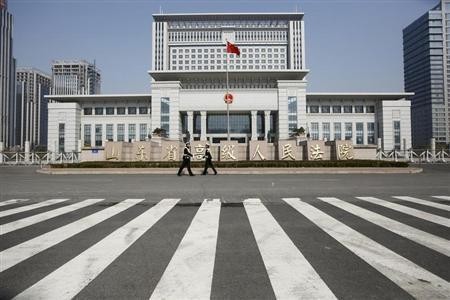In a report by China Daily, Chinese judicial bodies have stated that in order to protect human rights and to refrain from passing erroneous verdicts, they will reserve judgment on cases that lack strong evidence.
In justifying the judicial reform, Sun Qian, deputy chief procurator of China's top procuratorate, states that wrongful verdicts have been issued in the past due to underhanded tactics and scant regard for human rights and the pursuit of true justice. He adds that such illegal maneuvers have not only inflicted damage on the wronged individuals but also on their families as well.
Last year, from September to August, prosecutors focused their efforts on expediting the progress of 1,800 cases that have laid dormant for years due to lack of evidence.
"The evidence in the cleared cases is far from enough, or there is some doubt, which means the litigants cannot be proved guilty based on the current evidence," said Sun, "For these cases, we would rather not blame instead of making a wrongful judgment."
Beginning in 2013, Chinese prosecutors have so far investigated 110,000 graft cases that involved more than 140,000 people, according to the Supreme People's Procuratorate. Over the same period, 62 corrupt minister-level officials were exposed and eventually turned over to the justice system.
To intensify efforts, the Supreme People's Court issued a guideline that stipulates stringent measures against corrupt judges who mishandle cases in court.
According to Jiang Bixin, vice president of China's top court, for the past two years, numerous judicial organs have declared the innocence of 1,603 defendants due to lack of convincing evidence that would convict such individuals.
The government has also called on normal judicial workers to join the fight against the corrupt practices in their respective areas.



























